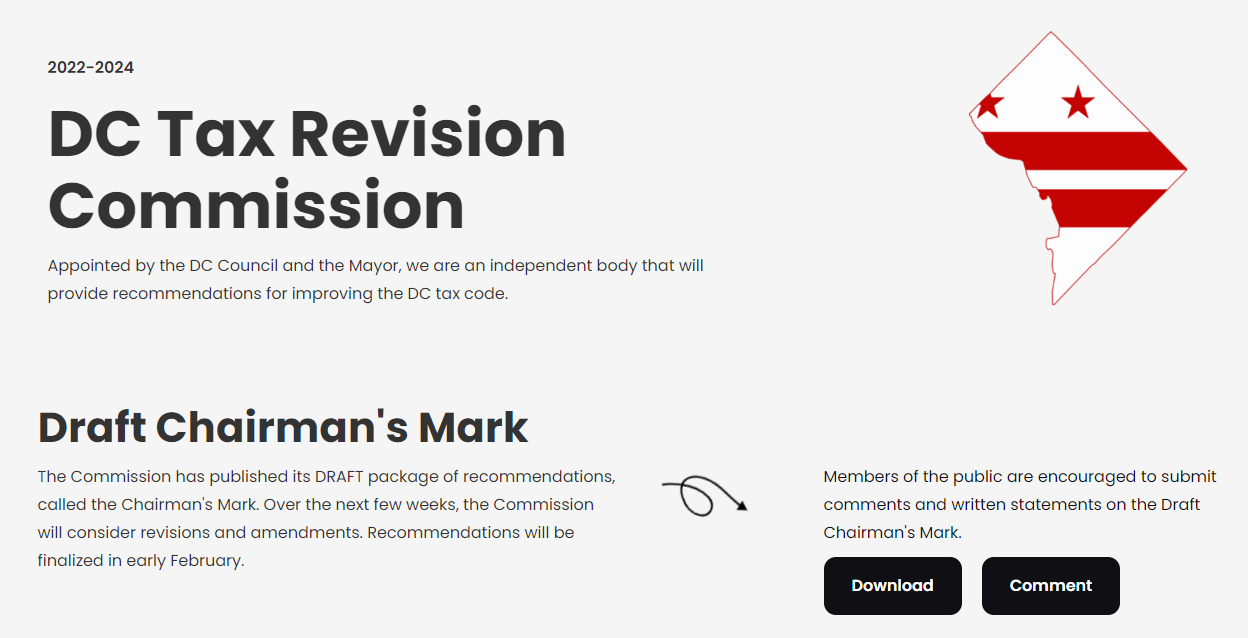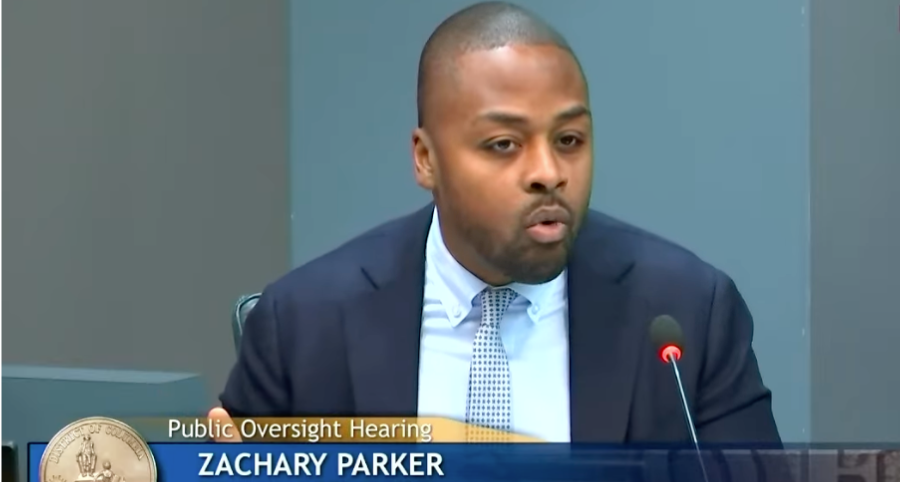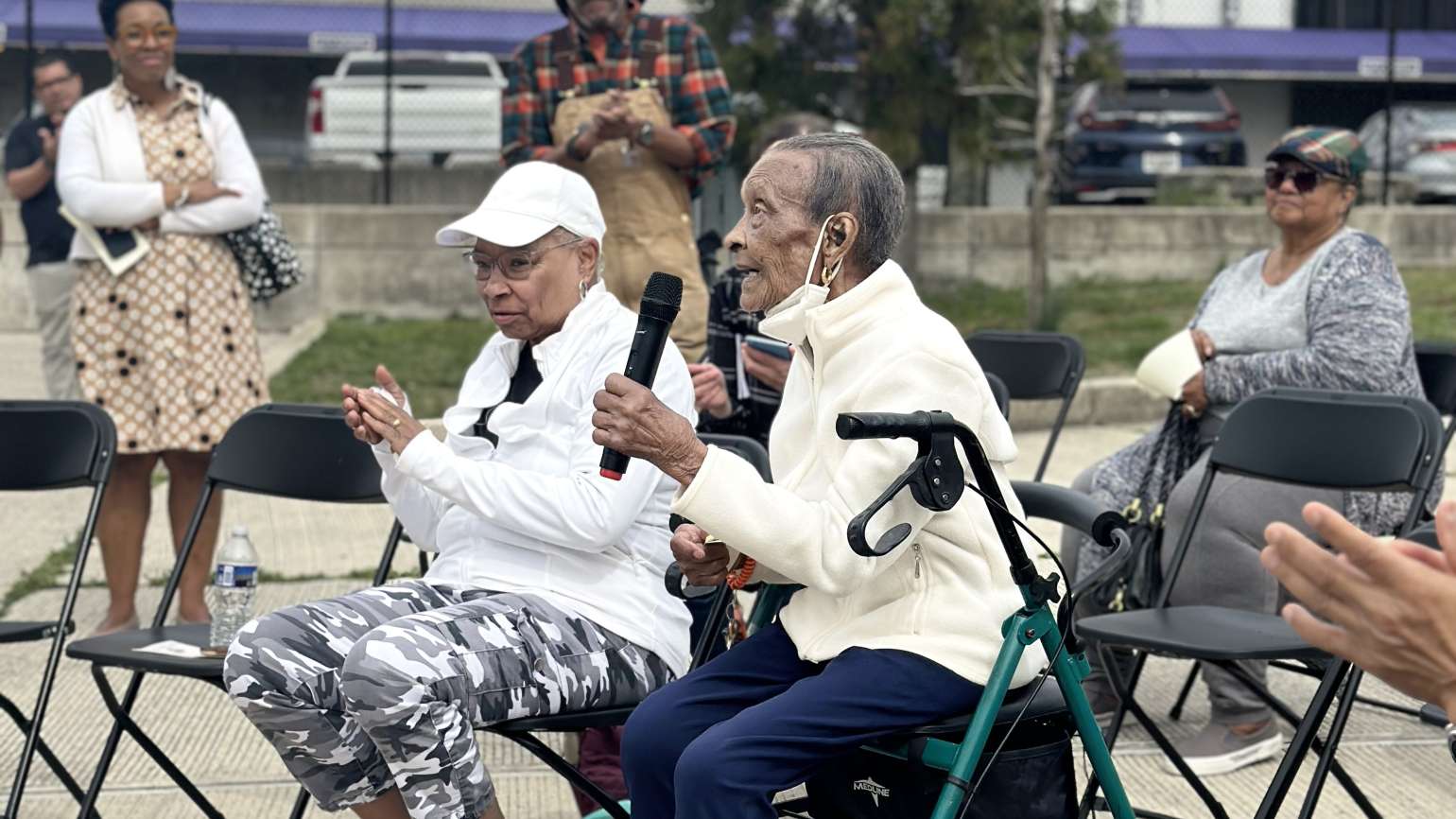Dear Ward 5 neighbors,
A staggering 32% of individuals face food insecurity in our region. What’s more, almost half of all food insecure individuals have children in the household. That’s why the Council voted to increase SNAP benefits (food stamps) to begin January 1 of this year, and the Mayor signed the legislation into law. The Council mandated that excess revenues for Fiscal Year 2023 would be used to fund the bill. In September, the CFO announced $178.8 million in excess revenue which was more than four times the cost of the bill ($40 million). Thus, the law was fully funded.
Surprisingly, the Bowser administration announced late last year that the SNAP enhancement would not move forward after all, citing financial pressures and better uses for the money. The Council unanimously advocated for the administration to reconsider and abide by the law. Besides the moral dilemma here of not helping families and children put food on the table, there is the legal question as to whether the mayor has the authority to disregard the law. I’m of the mind that the mayor is never above the law. None of us are.
Over the holidays, I spoke with Chairman Mendelson about his plans to file a resolution authorizing the Council’s General Counsel to take Mayor Bowser to court. He filed that resolution on Tuesday, and on Wednesday, the Legal Aid Society announced plans to file a similar suit against Mayor Bowser. Fortunately, late Wednesday evening, Mayor Bowser stood down and agreed to move forward with implementing the law. However, because many months were wasted in the back-and-forth, residents will now not see these promised increases for 2-3 months.
In the words of Rev. William Barber, II: we need a moral revolution. And if you ask me, we need an economic revolution informed by a moral awakening. We must refuse to accept families, children, and seniors going hungry while we live in a city with a $20 billion budget. We must also shift the narrative around government aid, sometimes referred to as “entitlements.” Too often, the poor are demonized while we conveniently ignore the fact that the wealthy are the largest beneficiaries of subsidies and tax breaks (government aid/entitlements). I don’t doubt that the Mayor has a lot on her plate with many financial pressures facing the city. My point here is that instead of refusing a modest increase to SNAP benefits, we would be better served by examining the “government aid” directed at the wealthy in DC (for example: we do not tax inherited capital gains via stocks—a benefit that passes on to a very small and very wealthy group of individuals).
The current struggle to increase neighbors’ SNAP benefits highlights the need to reimagine our approach to economic development. Residents East of the River and in disadvantaged communities in Ward 5 and beyond have long called for another way of doing business. DC needs more than a social safety net—we need to invest in cooperative economics that actually pay livable wages and equitably distribute resources across communities.
Our path to a safer, stronger, more vibrant DC is connected to Community Wealth Building, which for me means focusing on a shared prosperity where everyone thrives, building pathways to ownership and opportunity, and creating sustainable business models that benefit the collective. Over the year ahead, I plan to talk more about Community Wealth Building and introduce various initiatives that will help drive the District forward. In the meantime, I’ll keep fighting for residents to make ends meet in our current system.
Today, the Tax Revision Commission released the Chairman’s Mark, their draft of recommendations for improving DC’s tax code. I am delighted to see included in their recommendations an endorsement and expansion of my proposal for a child tax credit in the District of Columbia. You can read my press release regarding the Chairman’s Mark here. The time has come for the District to adopt and fund a child tax credit as we make new investments toward building healthy communities.




